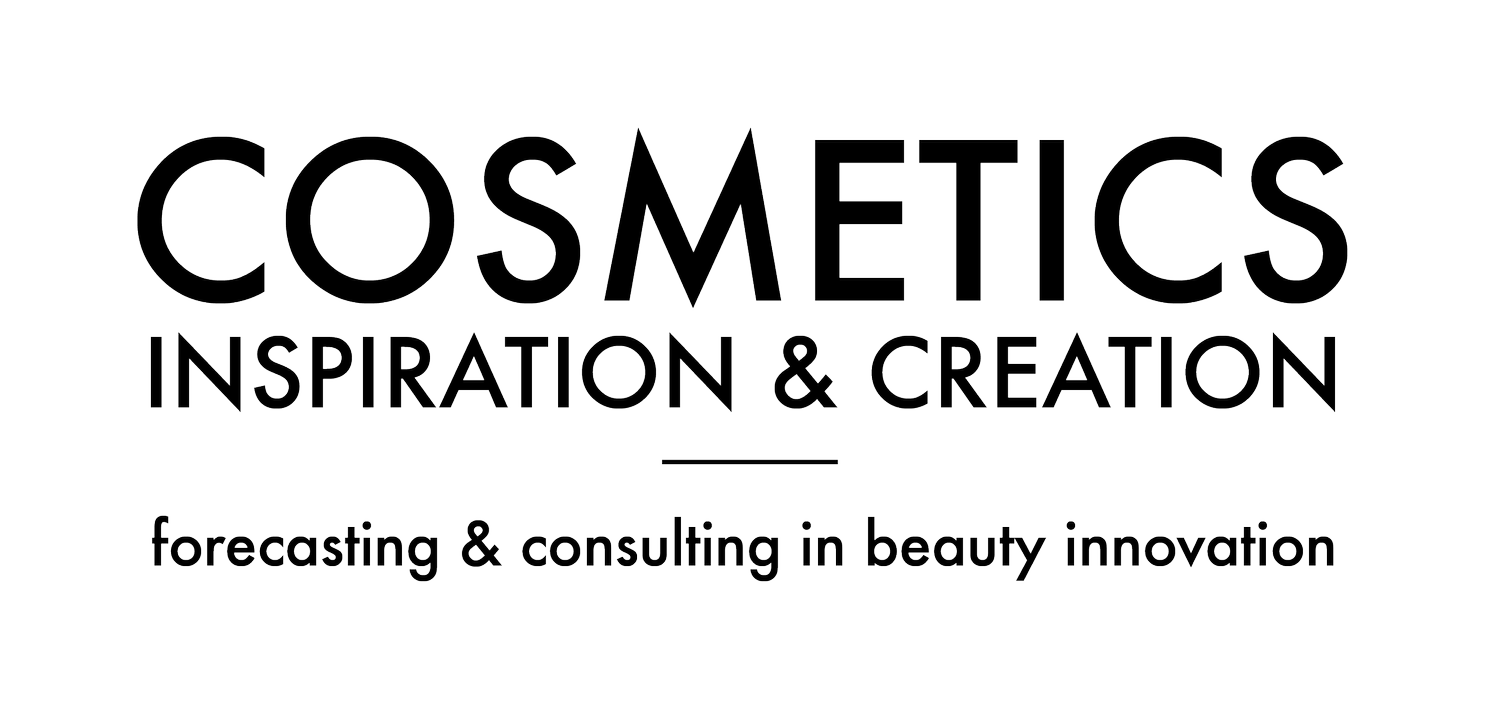Cottonbro - Via Pexels
Anti-aging is often cited as a top concern among beauty consumers, and yet, the very definition of what it means to age (and specifically to “get old”) is changing. A recent survey by Toluna x Harris Interactive reveals French consumers’ shifting perceptions of aging.
This interesting survey provides numerous insights on consumers perception and attitude towards ageing. We made a deep dive into the published results to highlight the report’s key takeaways and explore what this means for the Beauty industry.
The perception of ageing - a state of mind
According to the French, it’s impossible to assign a number to old age. When asked at what age one can consider someone as “being old”, 50% refuse to give a precise answer. However, on average, most respondents consider “old” to be 68 years, although this estimation differs widely depending on the age of the respondent (ranging from an average of 58 years for those under 35 to 74 years for those 65 and over). The perception of what it means to “be old” also depends on the social context. In a corporate context, the French consider the threshold to be lower at 54 years.
In fact, in the eyes of the French, age is much more a question of state of mind (85%) or state of health (81%) than chronological age (50%). Younger people, on the other hand, attach much more importance to age (73% among 18–24-year-olds).
Ageing synonymous of positive values
The French express a very optimistic image of maturity. For them, being ”old” means above all being able to pass on their life experience to others (88%), having more perspective (85%), and having more time for themselves (83%) and for their loved ones (81%).
While some negative aspects are also associated with old age - considering that things were better before (71%), no longer understanding young people (62%), or having a less full social life (51%) - the French refuse to associate age with disconnection from society.
The French say they enjoy the company of their elders, especially when they are part of their family: 90% say they enjoy spending time with “old” family members.
From bliss to risks: Ambivalent feelings
The French are relatively calm about the prospect of their own aging, 71% of them claim to be serene (but only 16% consider themselves very serene), while 29% admit to feeling anxious. However, these feelings differ by gender: while 80% of men say they are serene, only 63% of women say the same.
This serenity stems from the fact that the French associate old age with several positive life stages: access to property, settling down as a couple, having children, having grandchildren. However, other stages show that serenity in the face of advancing age remains relative.
French people accept that there are certain markers of advancing age, such as a change in their physical appearance and feeling disconnected from the vocabulary and expressions of young people. However, age-related pain and cognitive decline are far greater concerns. 42% of French people say they are especially afraid of the risk of becoming dependent, and this prospect is much more worrying than the risk of isolation (15%) or changes in physical appearance (14%).
An aging society: A challenge and an opportunity
The rapidly aging population is seen as both a challenge - the need to rethink social models - and an opportunity - the chance to make money. French consumers are concerned as to how well society is prepared for this demographic change: only 46% believe that it is well anticipated, dropping to 38% among those 65 and older.
The fate of their elders is a real matter of concern for French people. Even after the Covid-19 crisis, two-thirds of French people (66%) consider that we do not care enough about the health of seniors in general. Thus, the 65+ age group feels that their financial situation (82%) and their opinion (81%) are not given enough attention.
The CIC Take:
The industry must change the semantics around aging to reflect consumers’ more positive attitudes. Brands should increase representation of older skin types, taking a true-aging rather than anti-aging approach.
Consumers are more concerned with aging healthily than reversing the aging process. Brands must take a holistic approach to the aging category.
Middle age is a key territory for innovation - consumers in this demographic are optimistic about the aging process but are currently being underserved and overlooked.




